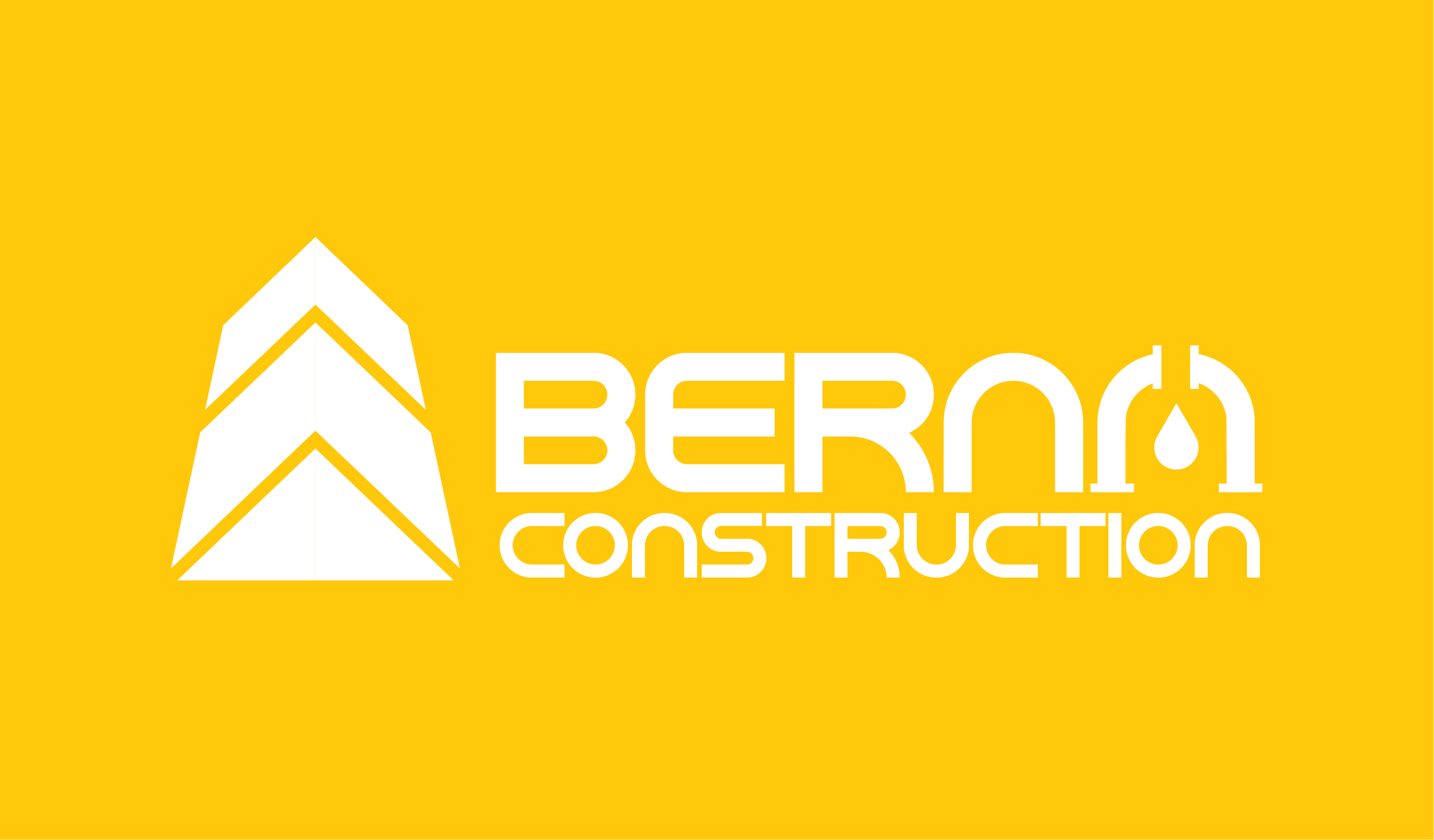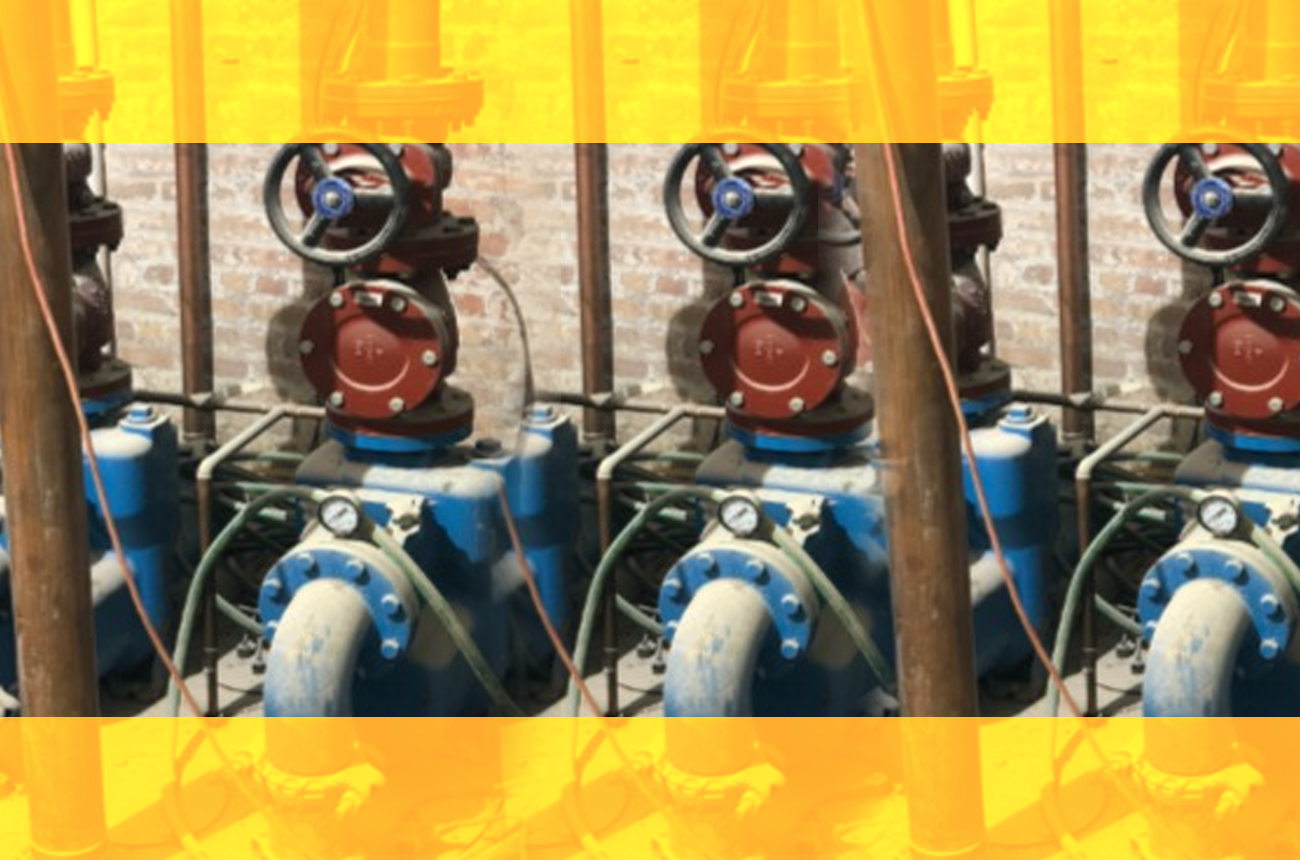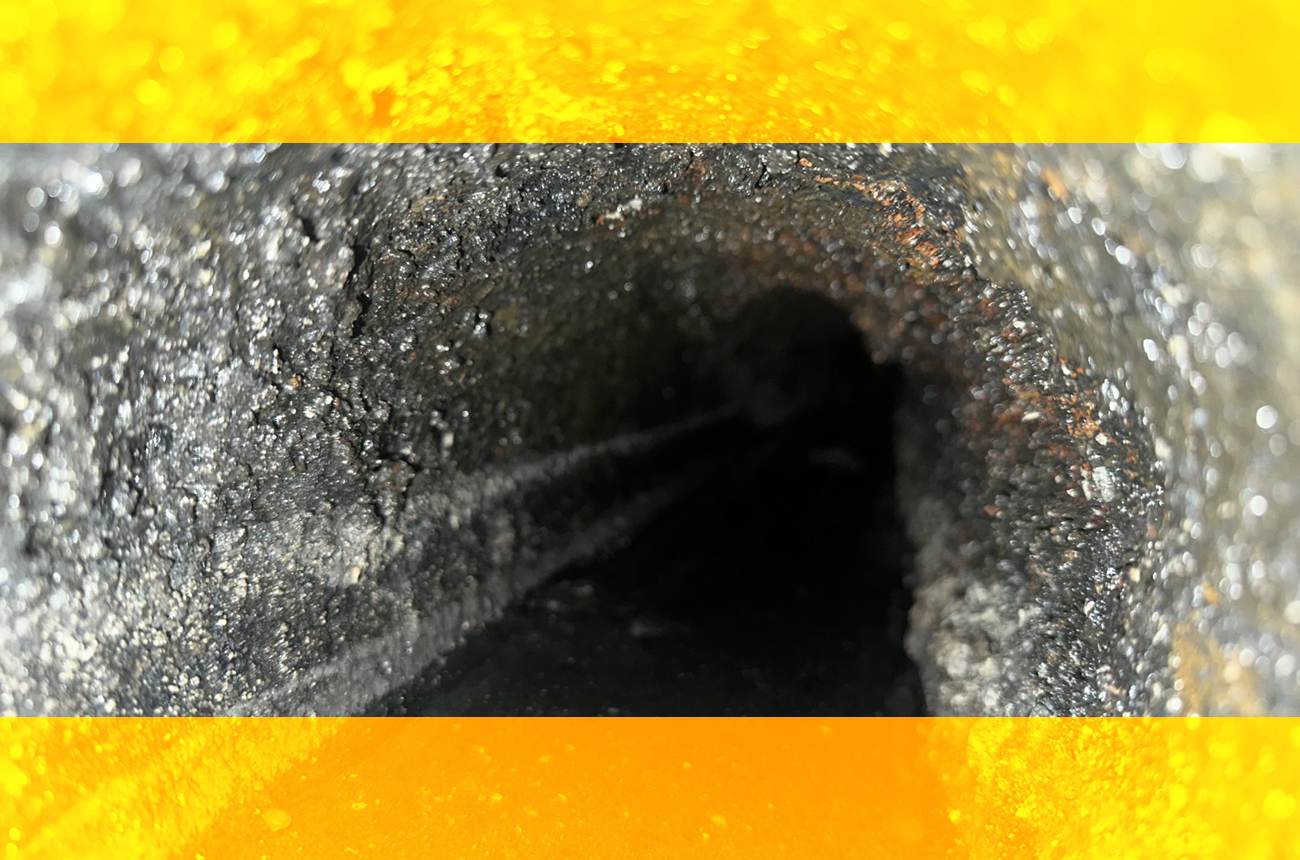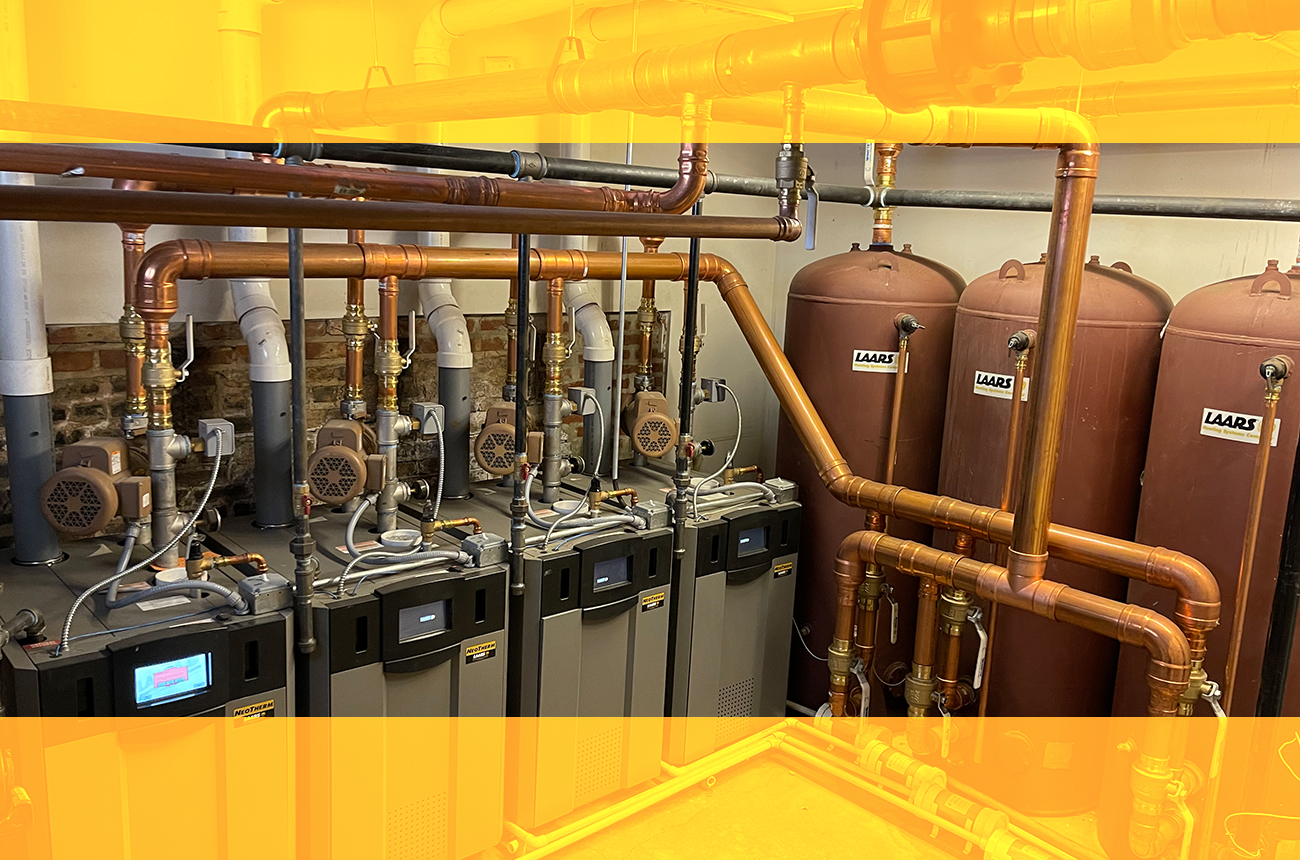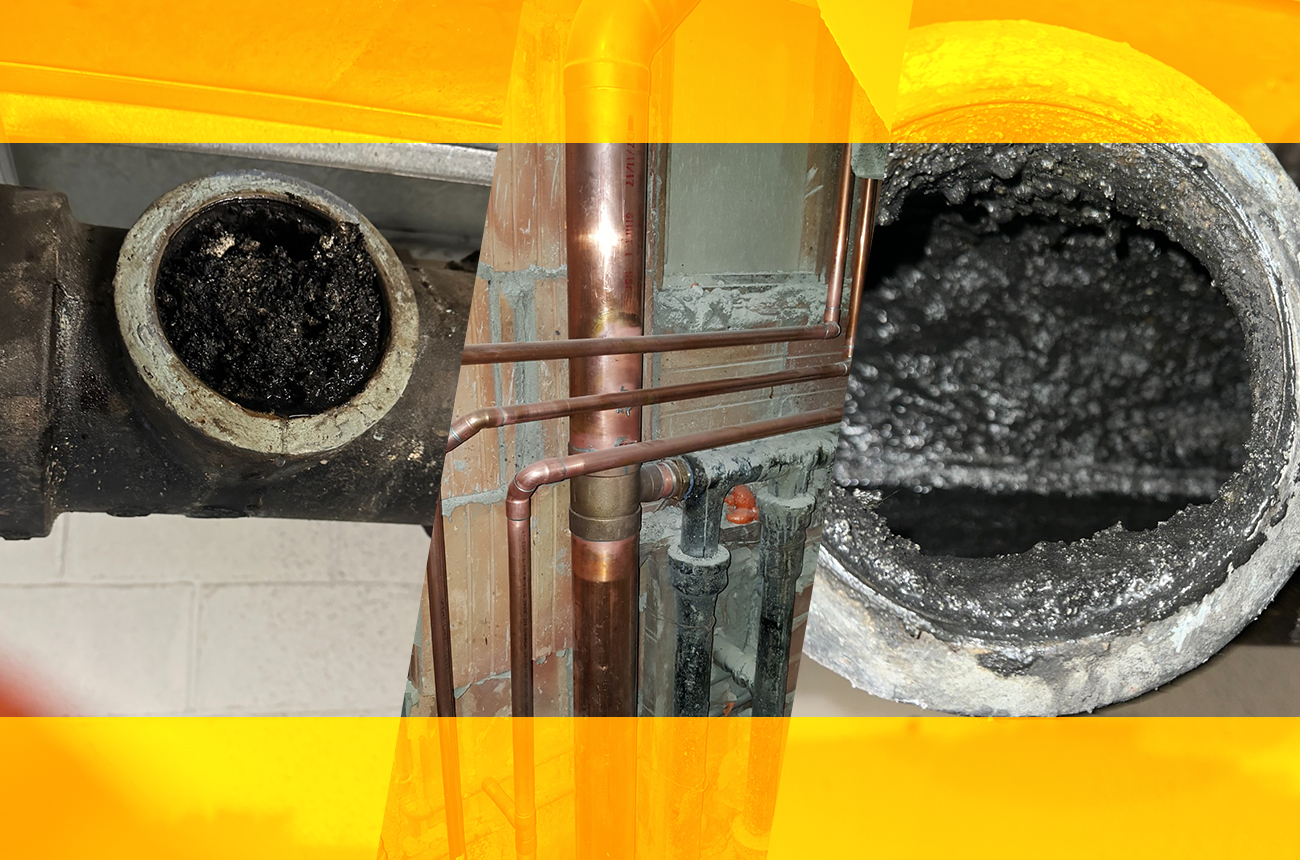
The Vital Role of Pipe Replacement: A Comprehensive Guide
Introduction
In the intricate infrastructure of our buildings, plumbing plays a crucial role. It’s the circulatory system that keeps everything functioning smoothly. However, over time, pipes can deteriorate, leading to leaks, reduced water pressure, and potential damage to your property. In this guide, we’ll walk you through the importance of pipe replacement, when to consider it, and what to expect during the process.
Signs It’s Time for Pipe Replacement
- Persistent Leaks: If you find yourself constantly fixing leaks, it might be an indication that your pipes are reaching the end of their lifespan.
- Corrosion and Rust: Visible signs of corrosion or rust on your pipes are a red flag. This not only affects the water quality but can lead to structural issues.
- Reduced Water Pressure: If your showers are more like a drizzle, it could be due to a buildup of mineral deposits or deteriorating pipes.
- Strange Noises: Unusual sounds like clanging or banging when you use water fixtures can indicate loose or damaged pipes.
- Frequent Clogs: Old pipes are more prone to clogs, which can lead to slow draining and backups.
The Pipe Replacement Process
- Assessment: A professional plumber will inspect your pipes to determine the extent of the damage and whether replacement is necessary.
- Material Selection: Depending on your needs and budget, you’ll have options like copper, PVC, or PEX pipes. Each has its own advantages and considerations.
- Preparation: Before installation, the area will need to be cleared and any potential obstacles removed.
- Installation: This involves removing the old pipes and fitting the new ones in place. This is a critical step that requires precision to ensure a leak-free system.
- Testing: The system will be thoroughly tested to ensure everything is functioning as it should. This includes checking for leaks, proper water pressure, and drainage.
Benefits of Pipe Replacement
- Enhanced Water Quality: New pipes mean cleaner, healthier water for your property owners and tenants.
- Improved Efficiency: Modern pipes often lead to better water pressure and reduced energy consumption.
- Prevention of Property Damage: By replacing aging pipes, you can prevent costly repairs due to leaks or bursts.
- Increased Property Value: Upgraded plumbing can add value to your property, making it more attractive to potential buyers and renters.
Conclusion
Investing in plumbing pipe replacement is not only a matter of convenience but also a safeguard for your building’s integrity. By recognizing the signs and acting promptly, you can enjoy improved water quality, efficiency, and peace of mind knowing your plumbing is in optimal condition. Consulting a professional plumber at BERNA for an accurate assessment and expert installation is crucial. Don’t wait until a small leak turns into a major issue; take proactive steps to protect your home and investment.
